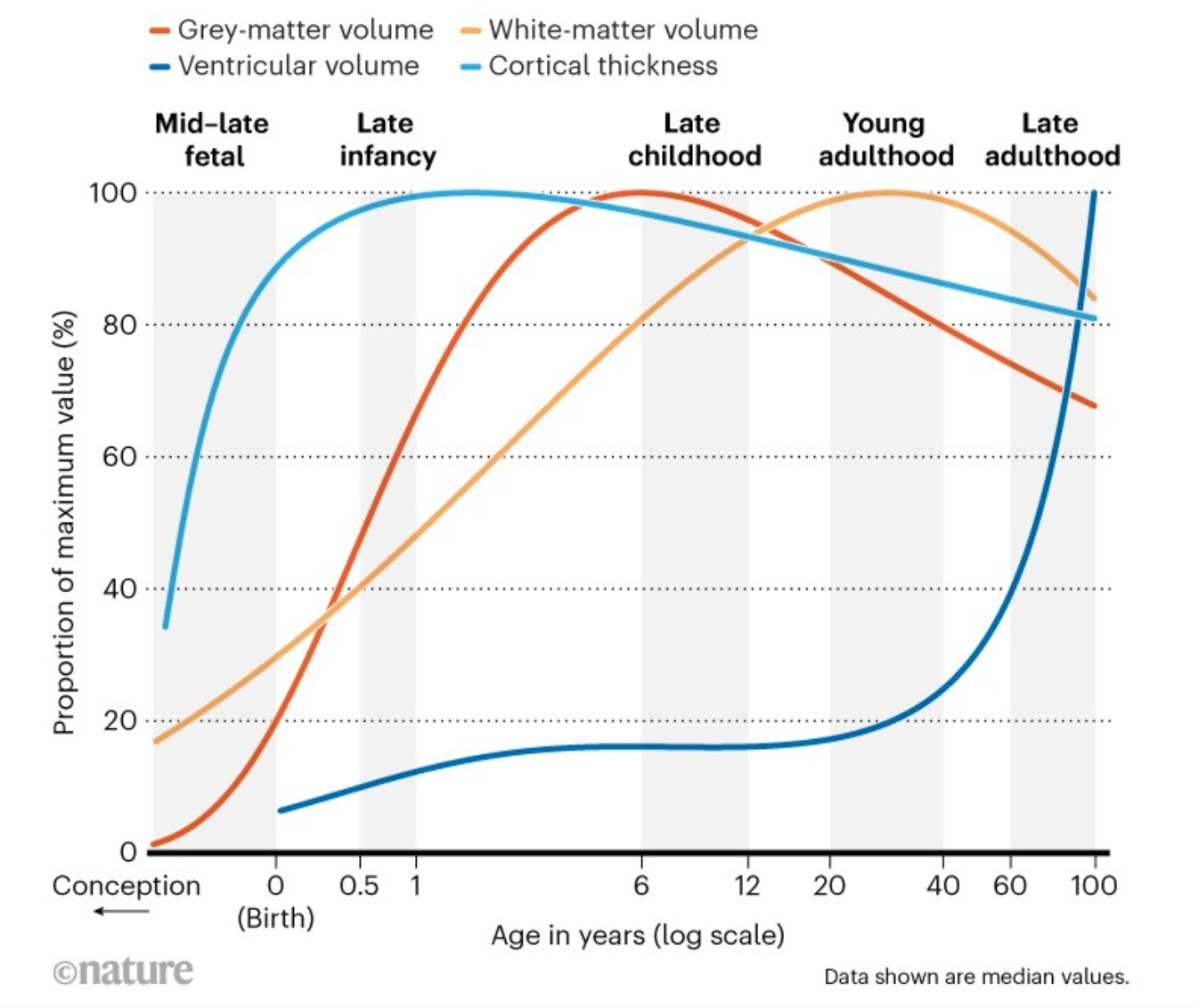Longevity Briefs: A Healthy Heart In Your 30s Is Associated With A Younger Brain Decades Later
Posted on 24 August 2022

|
Getting your Trinity Audio player ready...
|
Longevity briefs provides a short summary of novel research in biology, medicine, or biotechnology that caught the attention of our researchers in Oxford, due to its potential to improve our health, wellbeing, and longevity.
Why is this research important: Brain size decreases throughout adulthood alongside cognitive function, and unfortunately it’s inevitable. On the bright side, some people experience far less ‘brain ageing’ than others, and it is possible to maintain cognitive function into old age with a healthy lifestyle. When we think of lifestyle practices that keep the brain healthy, we often think first of tasks that involve mental exertion. While mental activity certainly seems to be important, the value of physical activity and cardiovascular health for the brain cannot be understated.

Source
What did the researchers do: In this study, researchers looked at brain imaging, cognitive function and cardiovascular health data from just over 450 participants. These people were all born within a week of each other in 1946, and were part of a long-term study in which various health data were regularly collected. The researchers used a machine learning model (based on a previous study) to predict each participant’s ‘brain age’ using brain imaging data that was collected at age 70. They then compared participants’ brain age to their actual age, and looked for associations between brain age and health metrics throughout life.
Key takeaway(s) from this research: The average estimated brain age was about 68 years (participants were aged between 69 and 72 when imaging data was collected). However, some people had estimated brain ages as low as 46, while the highest estimated age was 94. These numbers weren’t just numbers – people with higher brain ages also performed slightly worse in cognitive tests, had higher blood markers for neuron damage, and experienced a higher degree of brain shrinkage over the course of the following two years.
The researchers didn’t find any factors in early-life (including education level and cognitive performance) that were associated with higher brain age in the future. The strongest predictors of brain age were sex (women had about 5 years lower brain age on average) and brain volume. In terms of modifiable factors, the strongest association was with cardiovascular health. At age 36, worse cardiovascular health was associated with increased brain age later down the line.
So, poorer cardiovascular health in early midlife appears to be associated with more rapid brain ageing, brain shrinkage and poorer cognitive function decades later. It’s further evidence of the importance of maintaining good cardiovascular health throughout life in order to preserve cognitive function.
References
Life course, genetic, and neuropathological associations with brain age in the 1946 British Birth Cohort: a population-based study: https://doi.org/10.1016/S2666-7568(22)00167-2
Copyright © Gowing Life Limited, 2024 • All rights reserved • Registered in England & Wales No. 11774353 • Registered office: Ivy Business Centre, Crown Street, Manchester, M35 9BG.

